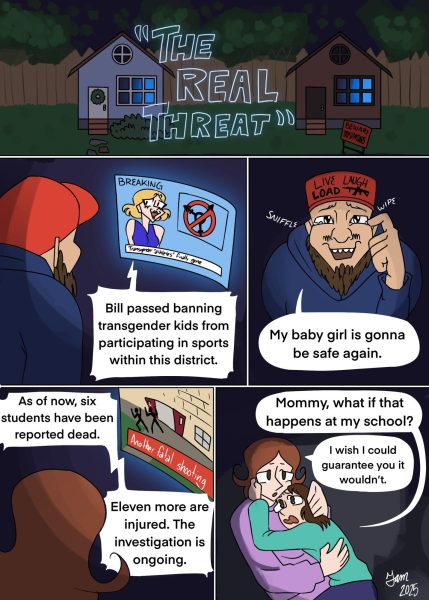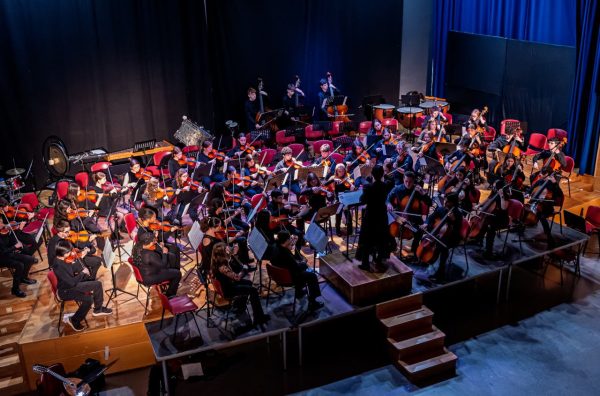Devolution of evolution of the DHS Freshman Class?

Is the DHS Freshman Class evolving or devolving?
Evolution. A change in the general characteristics of a species over long periods of time. In this case, the species being Dartmouth high freshmen and the period of time being four months. I have noticed and taken an interest in how people, mainly my friends and I, have changed from their on-top-of-it September state, to their nonchalant and relaxed December attitudes. Almost all have evolved and adjusted to the fast-moving, and oftentimes, strange ways of DHS in a very rushed timeframe.
This evolution has happened in many ways. The most obvious to me being the attitude change towards school work. In September, every assignment was recorded in a calendar. Every test was studied for days in advance. Every paper was turned in before the deadline, and grades below an A were frowned upon. This was an efficient yet tiresome way of doing school work, and mid-October, things started to change. For me, cramming the period before a test became a frequent occurrence, and one I have grown used to. And oftentimes my biology class will collectively rejoice when receiving a 75% on a quiz everyone forgot to prepare for. Some may view this attitude change as a negative thing, mainly parents and teachers. But for me, it has been beneficial in lowering the amount of overall stress that was apparent in the beginning of the school year. My friends and I have effectively evolved to the point where our grades are satisfactory, and our stress is minimal. Our parents still question whether or not we plan on going to college, but are enjoying not having a stressed out 15-year-old complaining about school work at the dinner table.
Slightly smaller evidence of evolution in the freshman class is the way we act in school. The number of questions being asked during the period has decreased drastically, mostly because the class can agree that we would rather figure it out ourselves then have the history teacher talk for another 30 minutes. Again, not a very positive trait, but something I have noticed throughout these four months in my friends and me. Torsos stretched across the tops of desks and the transformation of winter jackets into makeshift pillows have become familiar acts in the classroom as well. I haven’t noticed much sleeping, but the overall lack of attentiveness has become a disease nobody is immune to, including myself.
The last sign of evolution in DHS is the clothes people wear. I know this may sound obscure, but the style of DHS has altered greatly. In September, you could see the effort and time someone spent meticulously picking out what they would wear to school that day. The halls of DHS were a runway where students would flaunt pieces they had picked up during summer break and back-to-school shopping. The need to have a “good outfit” for school was more important than actually learning. These outfits came in many forms, but one rule was strictly followed: That being no sweats. This change may go unnoticed by most, but to me, it is the most visually clear shift from September to December. Starting in late November, parades of sweatpants, sneakers, and hoodies can be seen during passing periods. Wearing something outside of this attire, like a nice pair of jeans or a skirt, causes a symphony of praise and compliments to ring in one’s ear. “I love your outfit!” or “You look so good today!” will be the result of sporting a new pair of shoes to class.
The only problem with using the word evolution in this particular case is that evolution is a response to a change in environment. The change in environment from September-December isn’t particularly clear. After all, students have the same schedule, the same teachers, and walk the same halls as they did in the beginning of the year. So why the sudden shift? Could it be an epidemic of class wide exhaustion, or simply the change in seasons? The exact cause may never be known, but it is clear to me that evolution has occurred in the freshman student-body of DHS.











